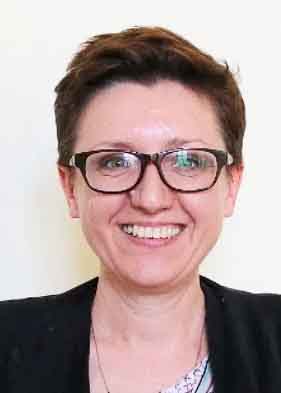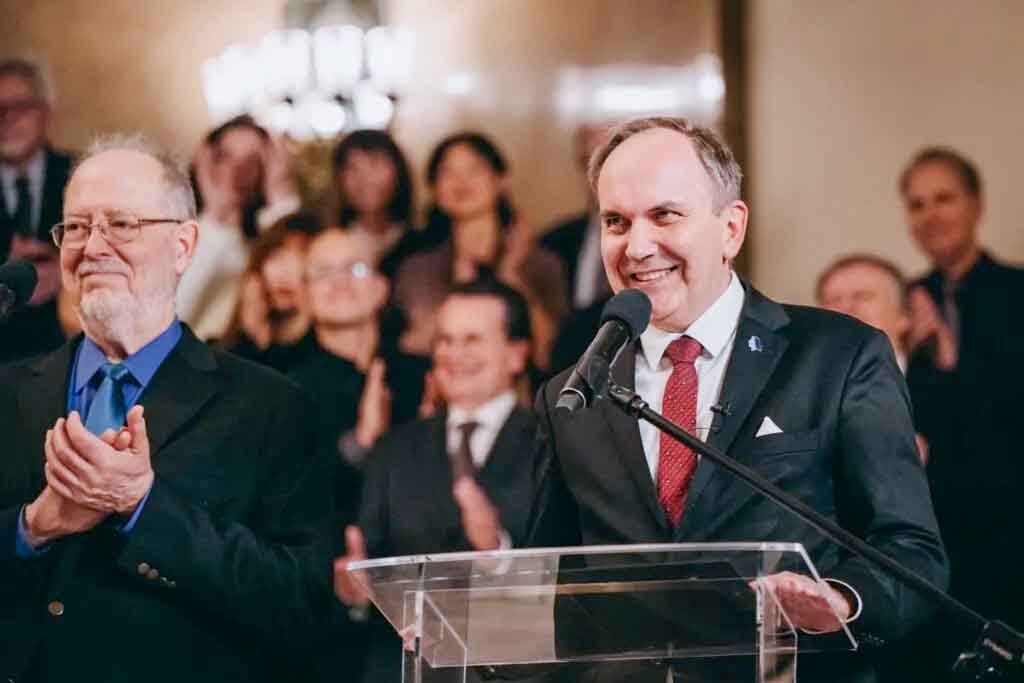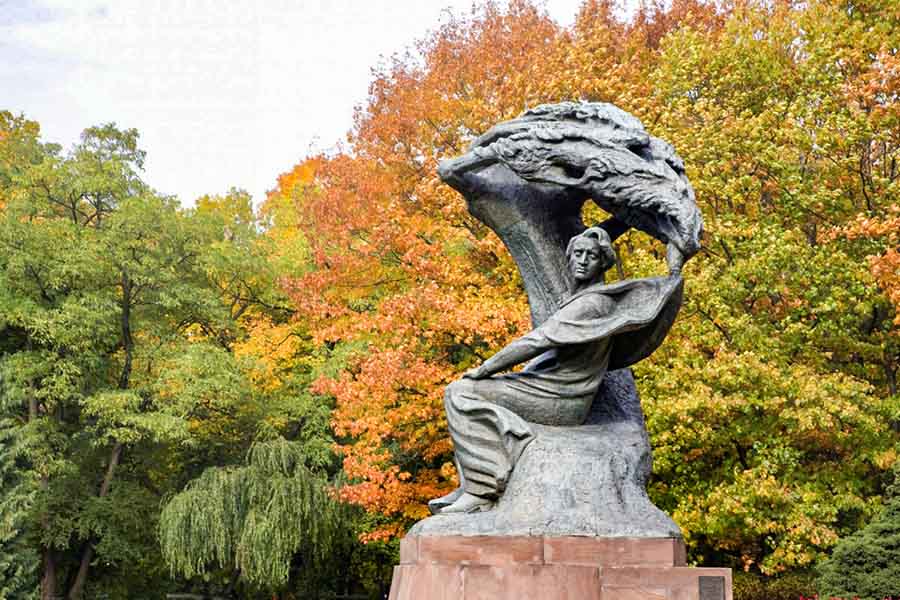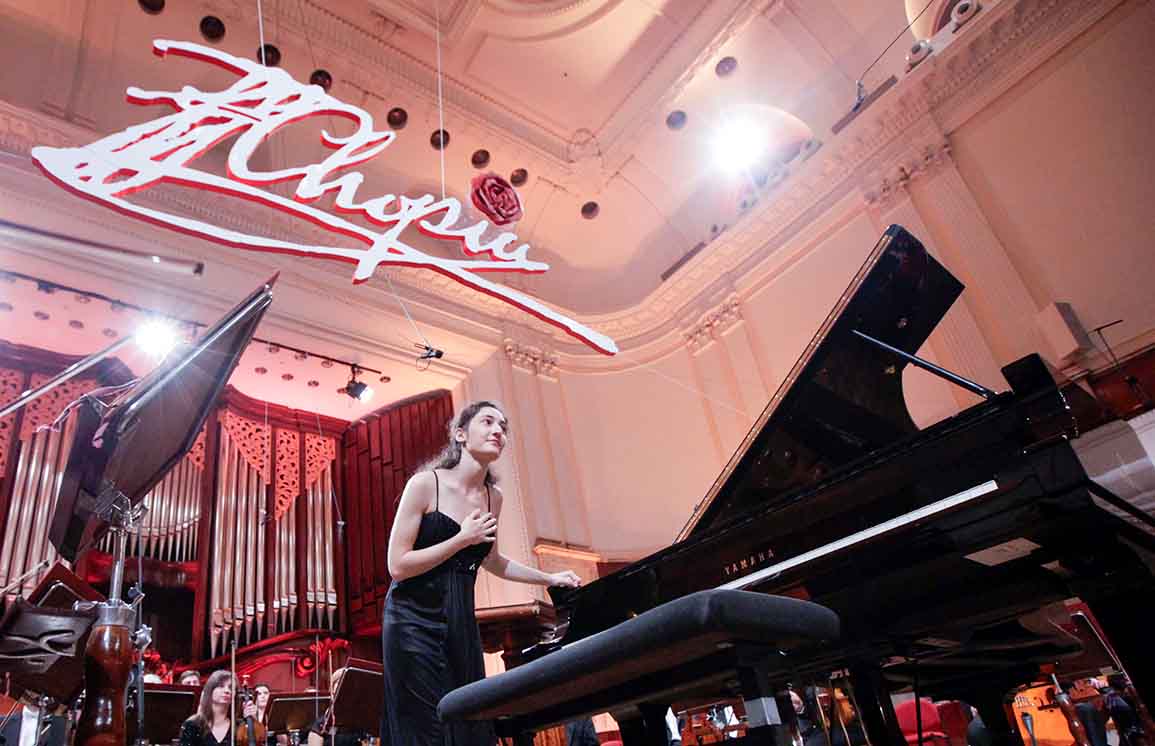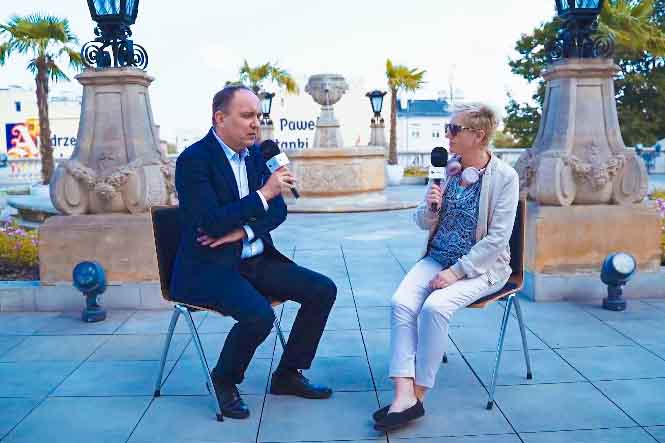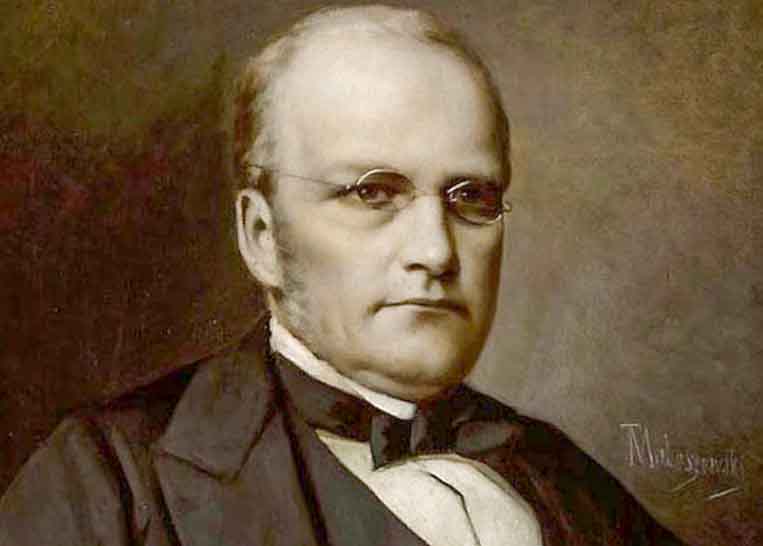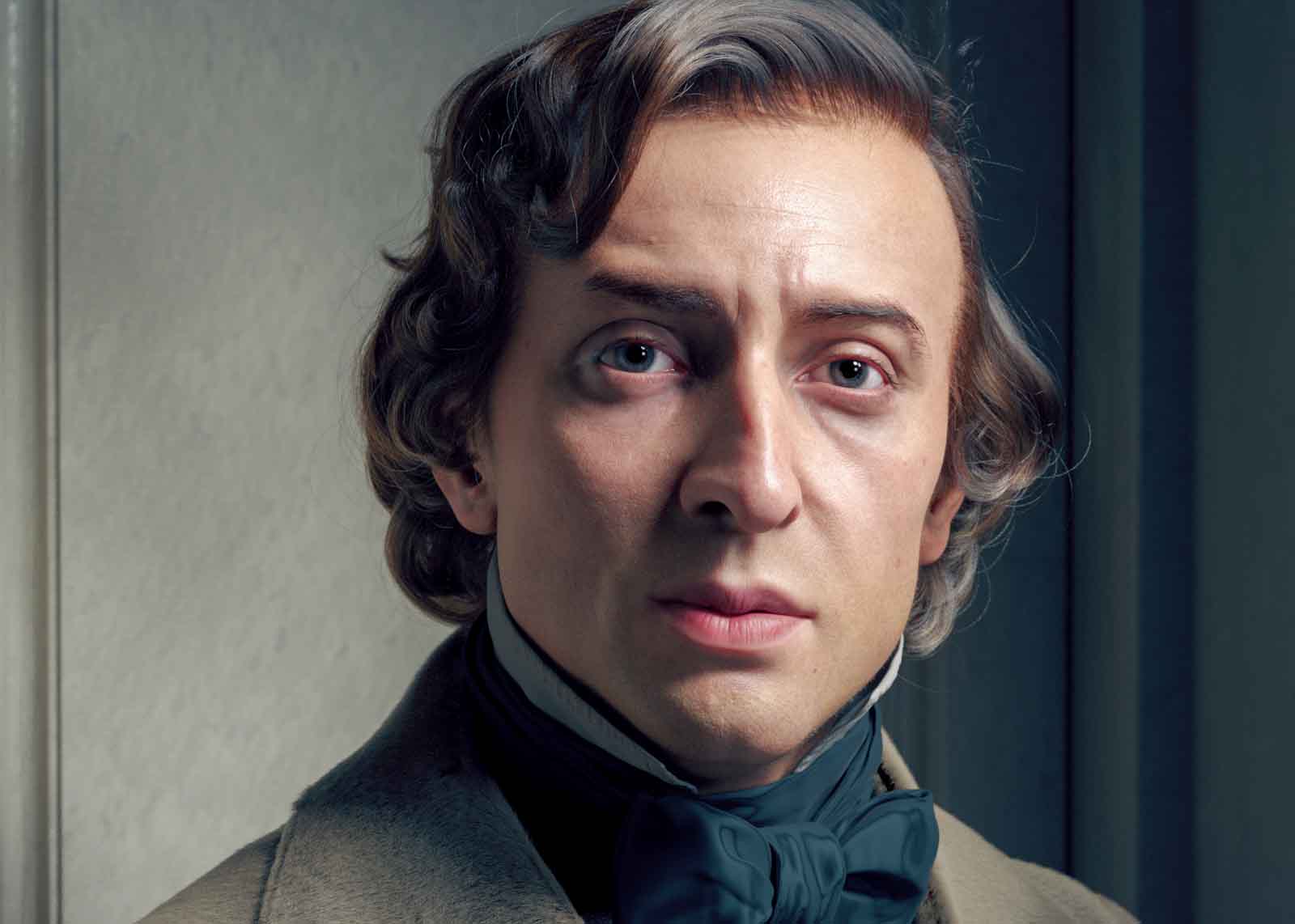Anna DRUŚ: First of all – congratulations on advancing to the next stage of the Chopin Competition!
Yehuda PROKOPOWICZ: Thank you!
Anna DRUŚ: Before we talk about mazurkas, scherzos, and etudes, I'd like to ask something more general. You're a member of Generation Z, and you're only in your first year of college. What do young people today see in Chopin's music, which isn't always easy to understand?
Yehuda PROKOPOWICZ: Indeed, popular music—rap and pop—is booming today, and many people of my generation listen to it. But I think it often lacks deeper meaning, something that was once taken for granted in art. Classical music offers this in a unique way—it has emotion, storytelling, reflection. And it's there, especially in Chopin, that we find the depth we seek.
Anna DRUŚ: What emotions, or what story about yourself, do you hear when you play Chopin?
Yehuda PROKOPOWICZ: Each of Chopin's works is about something different, but they all share a powerful emotional charge. There's a lot of romanticism in them—feelings that each of us experiences differently, which is why every pianist plays Chopin differently. In my repertoire, whether in the nocturnes or the scherzos, there's always room for that personal tone. But there's also a lot of playfulness, a sense of humor—especially in the scherzos, whose name means "joke." Chopin wasn't just melancholic—he could also be light and witty. In the mazurkas, on the other hand, there's a lot of sadness, but it's not a personal sadness. I can't play mazurkas thinking, "I'm sad, so I'll play this way." Rather, you have to understand why Chopin was sad, how he expressed that mood in the music. This requires not only emotion but also analysis—an attempt to enter his world.
Anna DRUŚ: The Chopin Competition is often compared to the Olympic Games for pianists. When you play, do you think more about expressing yourself, or about being judged by the jury?
Yehuda PROKOPOWICZ: For me, this competition isn't just a competition. It's more of a festival where pianists from all over the world meet. We talk, compare interpretations, and inspire each other. Of course, we're judged; some play better, others worse—but that's not the most important thing.
The most important thing is to be natural—both to myself and to Chopin. So I try to play as he wrote it, while also discovering what he might have felt when he wrote the piece. If I manage to combine authenticity with fidelity to Chopin, then the music truly comes alive.
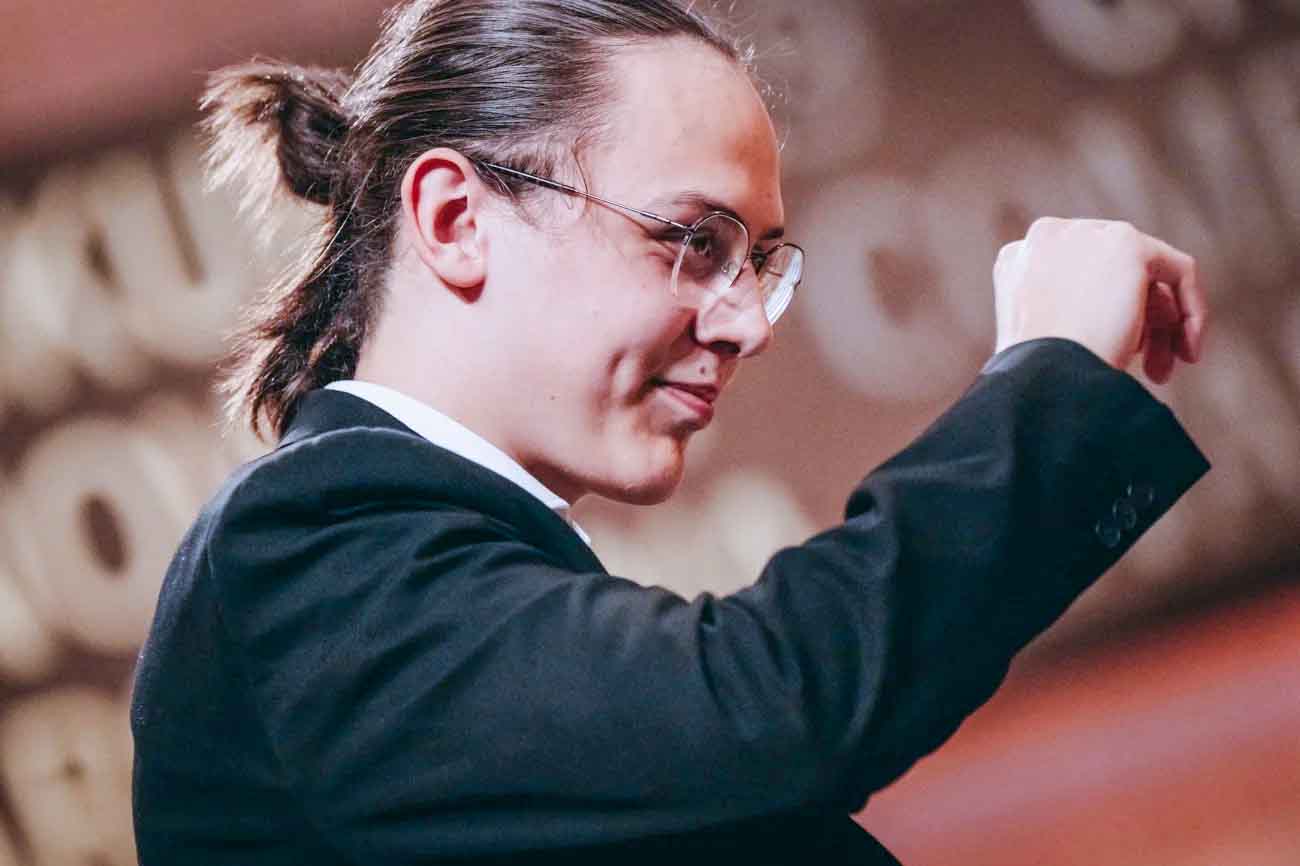
Yehuda Prokopowicz during his performance in the first stage of the 19th Chopin Competition. Photo: Krzysztof Szlezak for the Fryderyk Chopin Institute (Source: DlaPolonii.pl)
Anna DRUŚ: Is performing at the National Philharmonic more stressful or exciting?
Yehuda PROKOPOWICZ: Absolutely exciting! Before the first stage began, I couldn't wait to play in this hall and choose a piano – each participant only has a few minutes to choose the one they'll play from among several instruments. It's both very interesting and challenging.
Besides, knowing that two thousand people in the hall and thousands, maybe millions, of people on the broadcast are listening to you is truly empowering. The larger the audience, the greater the joy of playing.
Anna DRUŚ: How did you react to the news that you were advancing to the next stage? Was it a surprise?
Yehuda PROKOPOWICZ: Above all, it was a great joy. My family and I were sitting at home in Krakow, and as soon as we heard my name, we started singing and dancing. Just playing in this beautiful hall once again is a huge joy for me, but I was also thrilled to have the opportunity to perform my beloved Mazurkas. This is a special moment for me!
Anna DRUŚ: So, as I understand it, you are most looking forward to playing Chopin's Mazurkas?
Yehuda PROKOPOWICZ: I like them the most. Chopin wrote a lot of them, but each one is different. There's something personal in them, something from Poland, but also a bit from France—his other world. There are dances, memories, fairy tales, emotions. It's an extraordinary synthesis of everything that's most beautiful in his music.
Anna DRUŚ: How many hours a day does a pianist have to practice to prepare for such a competition?
Yehuda PROKOPOWICZ: It's very individual, but before such an important event as the Chopin Competition, you practice a lot. Six to ten hours a day. Ten is a lot, but sometimes you succeed. You not only have to refine your interpretation, but above all, play everything technically. I was lucky to be able to practice in excellent conditions at the Academy of Music in Krakow before the Competition – it's a huge help and a pleasure.
Yehuda Prokopowicz's performance in the first stage of the Chopin Competition 2025
Anna DRUŚ: Some commentators say that the Chopin Competition is also a clash of different piano schools – Polish, Asian, European. Do you see such differences?
Yehuda PROKOPOWICZ: Honestly, I know the Polish school best, because I have the most contact with it. I haven't had the opportunity to talk in depth with Asian pianists yet. But listening to performances, I noticed something interesting: Asian pianists often strive to approach Chopin's "Polishness," especially in the mazurkas. Poles, on the other hand, sometimes try to escape this literal Polishness, searching for something new, unique. This demonstrates two different approaches to the same music—both interesting.
Anna DRUŚ: And you? Do you stick more to tradition or try something new?
Yehuda PROKOPOWICZ: I feel connected to Chopin's Polishness and try to express it as fully as possible. For me, the most important thing is not to overcomplicate things – to play what's in the sheet music, not your own "inventions." You can add something of your own if it comes from the heart, but you can't lose sight of Chopin. Because then it's not him anymore – it's someone else entirely.
Interviewed by Anna Druś.
About the Interlocutor
Yehuda Prokopowicz (born 2005) – Polish pianist, participant of the 19th International Chopin Competition in Warsaw.
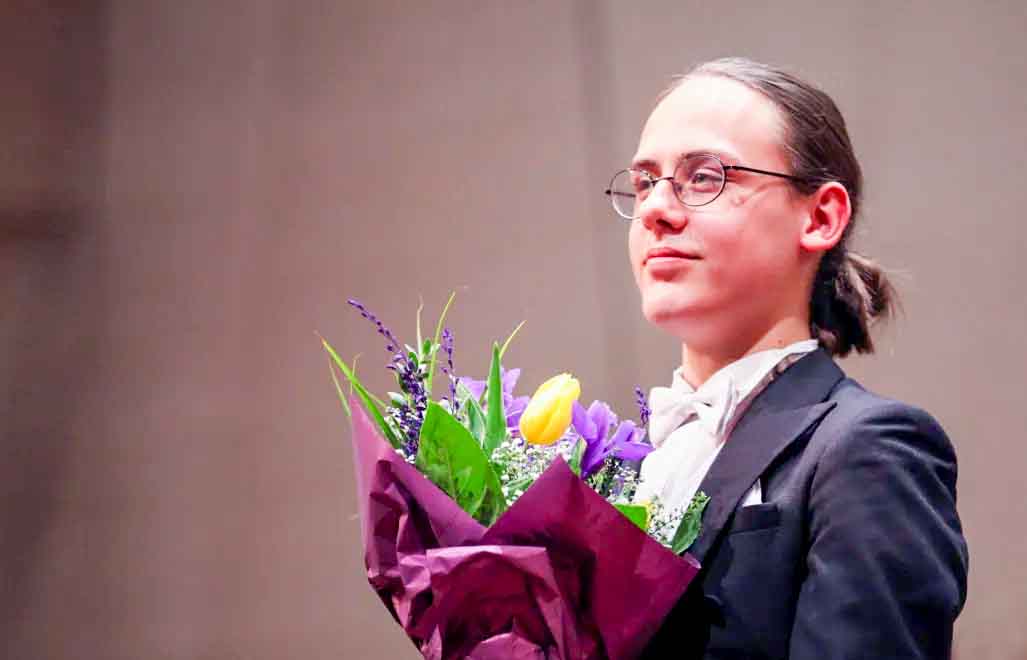
Source: PAP
Although he was born in Israel, he has lived in Poland since the age of nine and considers himself Polish, a fact he often speaks of. His first piano teacher, when Yehuda was just four years old, was his older sister, Veronika, a student of Professor Eitan Globerson.
He gained his most important piano skills in Kraków. He studied with such distinguished artists and teachers as Prof. Lidia Grychtołówna, Prof. Aleksandr Kobrin, Prof. Eldar Nebolsin, Prof. Katarzyna Popowa-Zydroń, and Prof. Zbigniew Raubo. From 2017, Yehuda was a student of Prof. Stefan Wojtas (teacher of K. Książek and S. Nehring, among others) until the end of the professor's teaching career in 2024. Furthermore, in 2017, he became a scholarship recipient of the Pro Musica Bona Foundation , of which Prof. Stefan Wojtas was one of the founders.
Currently, he is studying at the Krzysztof Penderecki Academy of Music in Kraków in the class of Dr. Krzysztof Książek.
The pianist is a laureate of over 30 national and international competitions, winning, among others: the Grand Prix at the IJ Paderewski Competition in Piotrków Trybunalski; first prizes at the Epta Competition (2022), the A. Harasiewicz Competition (2022), and the Virtual Competition in Malaysia (2020).
From the Editors: In this year's 19th Chopin Competition, he qualified for Stage II of the competition. He received the Special Award for the "Best Performance of Mazurkas," granted by Polish Radio. He also received the Professor Zbigniew Drzewiecki Award for the highest-scoring Polish participant who did not qualify for the 11-person final.
Translation from Polish by Andrew Wozniewicz.



